What just happened
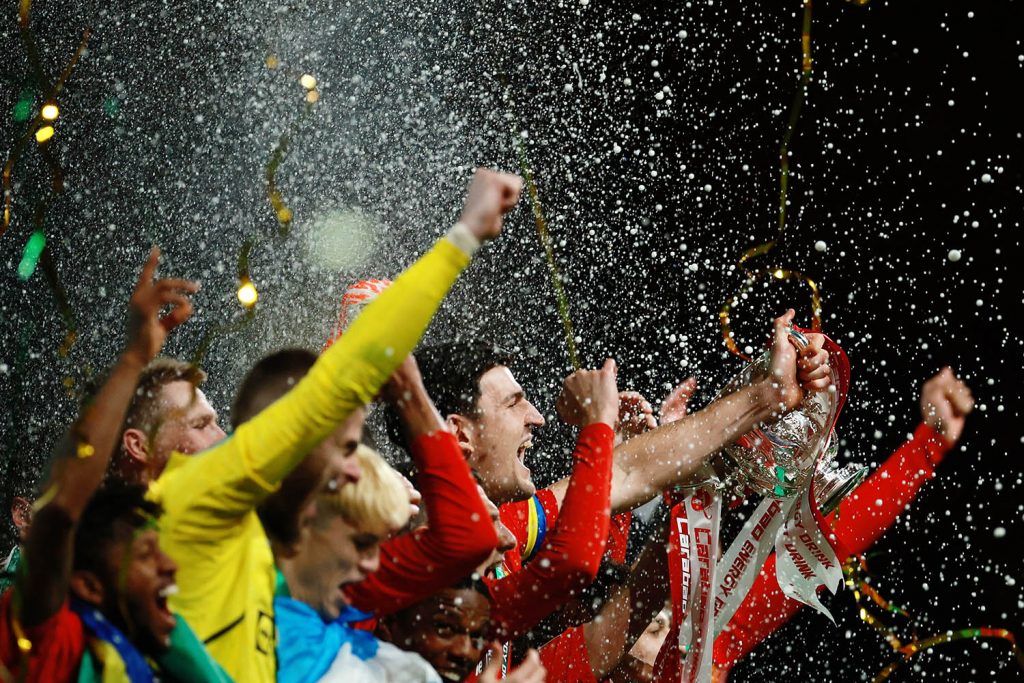
- A grand jury voted to indict Donald Trump on felony charges related to a hush money payment to a porn star (more below).
- Turkey’s parliament ratified Finland’s bid to join Nato.
- Gwyneth Paltrow was cleared of fault in a Utah ski crash trial and awarded a symbolic $1 in damages.
Manchester United, one of the world’s most valuable sports brands, is for sale. A buffet of billionaires have lined up hoping to buy a British asset that boasts enormous global reach and commercial value.
So what? Manchester United is the second most successful English football team in history. The club boasts 1.1 billion fans around the world; it always features in the top five of Deloitte’s annual “Football Money League” and last year earned £583 million in total revenue. These numbers are undimmed by a lack of recent on-pitch success – this year’s Carabao Cup triumph is United’s only trophy victory in the past six years.
Why now? The club’s American owners, the Glazer family, have been unpopular since they bought the club in 2005 for £800 million.
Since then they have
- overseen extraordinary commercial success off the field, with solely commercial revenues growing from £48.7 million in 2005 to £260 million last year;
- seen the club’s crumbling Old Trafford stadium fall well behind the standards of modern stadiums and in need of major improvements;
- experienced a lack of sustained on-pitch success since the retirement of Sir Alex Ferguson in 2013;
- seen Premier League rival Chelsea’s sale for £4.25 billion in May last year, setting a benchmark for other football clubs. The Glazers value theirs at £6 billion; and
- kept the club in almost £1 billion of gross debt, bank borrowings and outstanding transfer fees with associated payments, according to figures released yesterday.
More than football. Manchester United had a shop front in Davos this year and was “proud to be the first sports team to partner with the World Economic Forum”. It has an official mattress and pillow partner. In 2017, it announced an official co-branded tractor with Japanese manufacturer Yanmar. Manchester United is a commercial behemoth, a ready-made product with established revenue streams and the potential to generate significantly more income.
“In terms of image, reputation, status, and visibility, owning a club of United’s size and stature guarantees attention. Whether promoting a business, a country, or an ideology, it is a powerful global communications vehicle,” says Simon Chadwick, professor of sport and geopolitical economy at Skema Business School.
Who will buy? Top bids so far include:
Qatar. Sheikh Jassim bin Hamad Al Thani, chairman of the Qatar Islamic Bank (QIB), has submitted two bids. QIB’s biggest shareholder is the Qatar Investment Authority (QIA), the Gulf state’s sovereign wealth fund, which lists The Shard and Claridge’s among its British assets (as Tortoise covered in a Slow Newscast).
Jim Ratcliffe. Ratcliffe made his fortune through petrochemical company Ineos. Born in Greater Manchester but now living in Monaco, the billionaire Brexiteer has a history of investing in sports brands, as owner of Ineos Cycling, the sailing team Ineos Britannia and the French Ligue 1 football club OGC Nice.
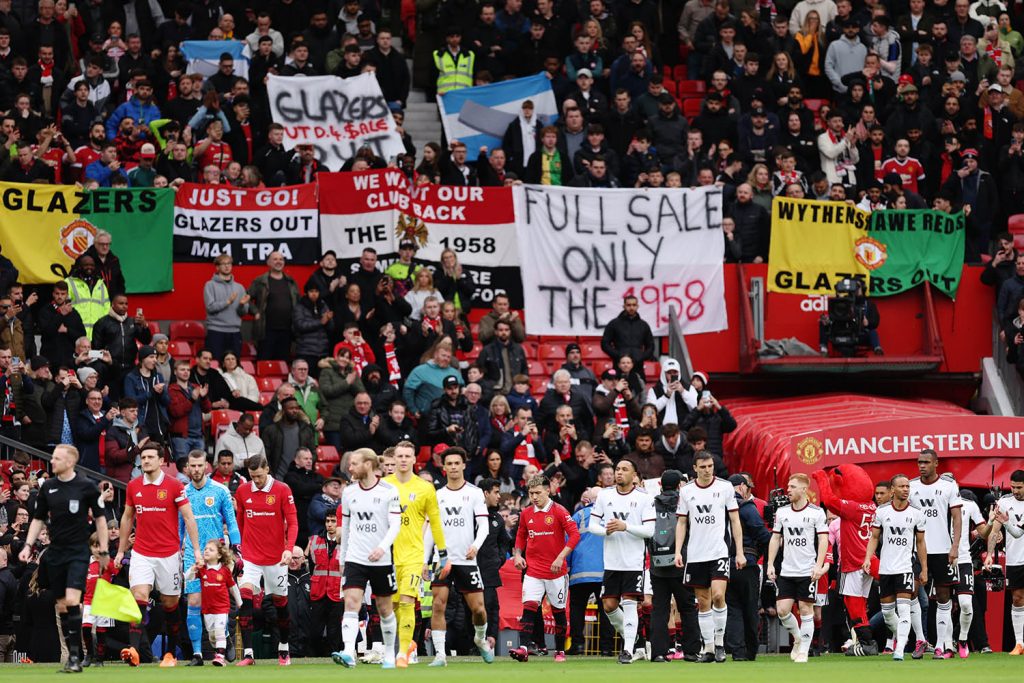
Elliott Management. The most intriguing of the bids so far has come from US hedge fund Elliott. It only wants to buy a minority stake, which could facilitate the much-needed modernisation of Old Trafford. This in turn would make the club a more valuable asset for a future sale.
The last may be the Glazers’s preferred option, but it certainly wouldn’t be the fans’. A survey for The Athletic in February showed 98 per cent of them want the Glazers to leave. Only one per cent would be happy with a minority stake sale.
The bidders represent three archetypes of power in modern finance: Elliott – the activist investor; Ratcliffe – the entrepreneur turned brand activist; and Qatar, which uses petrodollar wealth to buy influence and access. The eventual winner will reveal a lot about the future of British football.
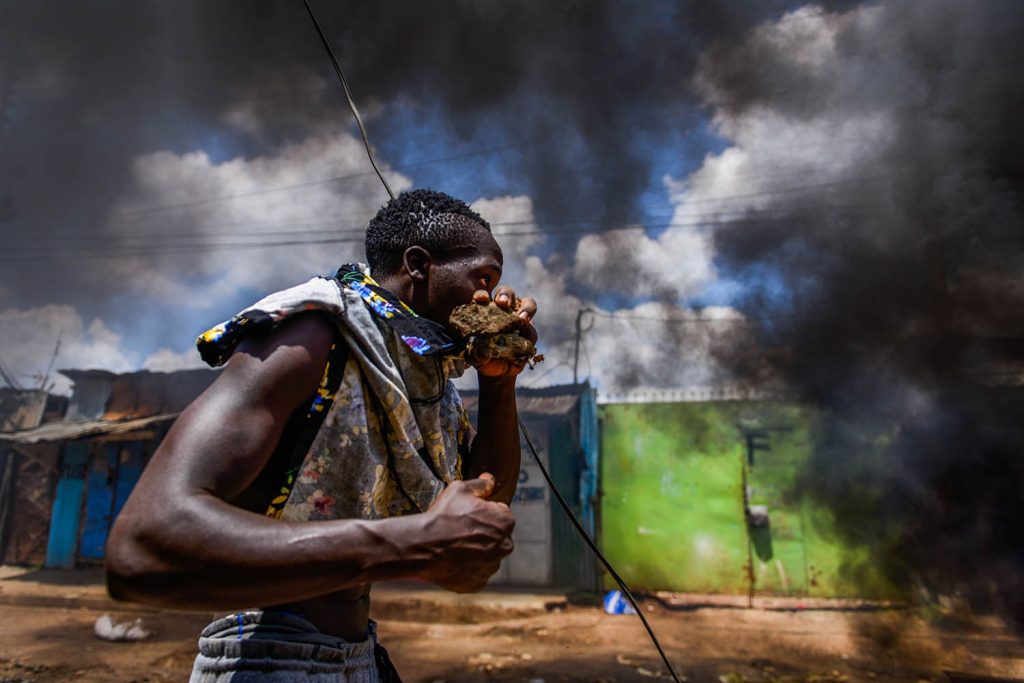
Kenya protests
There are huge anti-establishment protests taking place in Kenya as slum dwellers riot at the skyrocketing cost of living. Earlier this week, hundreds of looters descended on former president Uhuru Kenyatta’s vast farm (he has many) on the outskirts of the capital Nairobi. They stole sheep and even cut down his trees for firewood. Kenyans have learned to expect little from their government. Corruption is endemic and state services are measly at best. But something has shifted in the past year. Inflation is hovering at around 9 per cent. The war in Ukraine means that the cost of essential goods such as maize, bread and vegetable oil has doubled or even tripled in some areas. Many feel that they, and the country, are at the end of the road.
Xlinks
Blink and you might have missed it but there was an interesting nugget in the UK government’s Energy Security white paper yesterday: their interest in investing in Xlinks, a plan to bring wind and solar power from a vast generation site in Morocco to the UK via a 3,800km undersea cable. The project’s goal: to provide 8 per cent of Britain’s electricity and power 7 million homes by 2030. The white paper states the government is “considering – without commitment – the viability and merits of the proposal”. To note: Xlinks executive chair, and former CEO of Tesco, Sir Dave Lewis told the Guardian in December 2022 that he’d had positive talks with then business secretary Kwasi Kwarteng to set up a “contract for difference” subsidy arrangement with the government. But as the details were about to be hammered out the “political world exploded”. Lewis said at the time they had “lost a year” because of the delays. Time is of the essence.
Telling porkies
Parliament’s standards committee has recommended that Margaret Ferrier, a former Scottish National Party MP, should be suspended for 30 days for breaching public health rules during the pandemic. Ferrier travelled by train from London to Scotland after testing positive for Covid-19, breaching both the rules at the time and MPs’ code of conduct. A 30-day suspension is rare and could trigger a by-election, an early test for Nicola Sturgeon’s successor Humza Yousaf and for Scottish Labour. But it also has implications for Boris Johnson, who is still under investigation by the privileges committee. Three Tories who sit on both committees pushed for a nine-day suspension, which avoids the 10-day rule that triggers a by-election; a fourth backed the tougher ruling, which may suggest an unwillingness to opt for the nuclear option for the former PM. All MPs on the committee said the 10-day rule needs review.
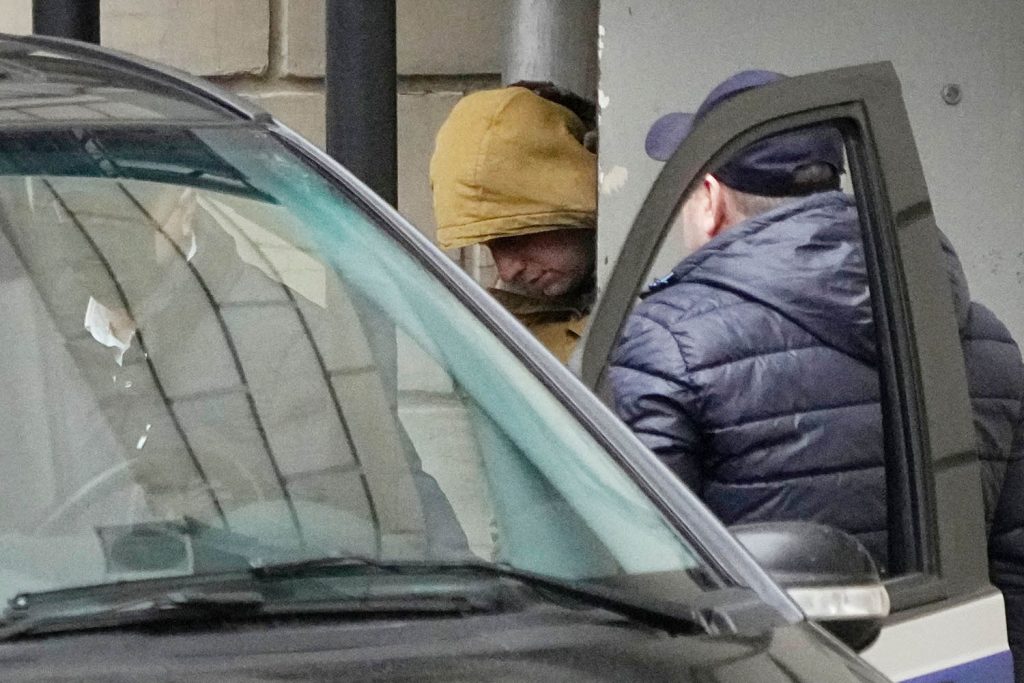
Evan Gershkovich
For the first time since the Cold War, an American journalist has been detained for accusations of espionage by Russia. Evan Gershkovich, 31, a correspondent for the Wall Street Journal, disappeared on March 29 while reporting from the Russian city of Yekaterinburg on the recruitment of female convicts into the mercenary group Wagner. The FSB has claimed Gershkovich was collecting “secret information” on a factory in Russia’s military-industrial complex near Yekaterinburg and was caught “red handed”. Gershkovich, whose parents are Soviet émigrés and is a US citizen, is reportedly being held in the high-security Lefortovo jail until at least May 29. The US Secretary of State Antony Blinken has condemned the Kremlin’s attempts to “intimidate, repress, and punish” journalists and civil society voices and called for consular access to Gershkovich. The context: charges were announced last week against Sergey Cherkasov in Washington DC, a Russian citizen who US intelligence believe acted as an operative of Russia’s GRU military intelligence agency.
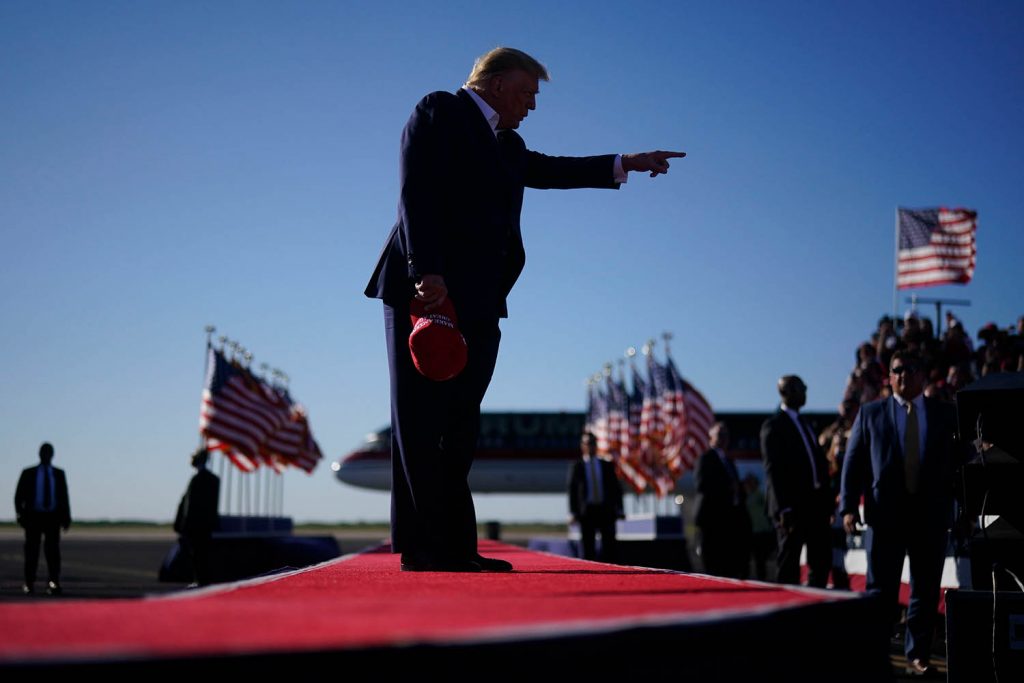
Trump indicted
Donald Trump will be the first former – and possibly future – US president to face criminal charges. The indictment from Manhattan prosecutors was expected – Trump himself said he thought it would happen last week. The charges remain under seal, but concern a hush-money payment to porn star Stormy Daniels in 2016. Trump is due to be arrested, fingerprinted and photographed on Tuesday before entering a plea in a New York courthouse and then released on bail. Can he still run for president? Yes, and he said earlier this month an indictment would “probably increase my numbers”. He may be right in the short term. Minutes after the indictment news broke, his team sent out a statement calling the charges “political persecution”, followed swiftly by a fundraising appeal. Ron DeSantis, Trump’s most serious rival for the 2024 Republican nomination, also accused Manhattan district attorney Alvin Bragg of “stretching the law to target a political opponent”. But Bragg has paved the way for other prosecutors – Trump is under investigation in Georgia over an alleged attempt to overturn the 2020 election, among other cases. This is just the beginning.
Number of the day: 26 per cent, the fall in the average Wall Street banker’s bonus last year (to $176,000) as higher interest rates, the war in Ukraine and fears of recession slowed dealmaking.
Thanks for reading. Please tell your friends to sign up, send us ideas and tell us what you think. Email sensemaker@tortoisemedia.com.
Andrew Butler
@mrabutler
Additional reporting by Phoebe Davis, Will Brown, Catherine Neilan and Jess Winch.
Photographs Getty Images, Alexander Zemlianichenko/AP/Shutterstock











